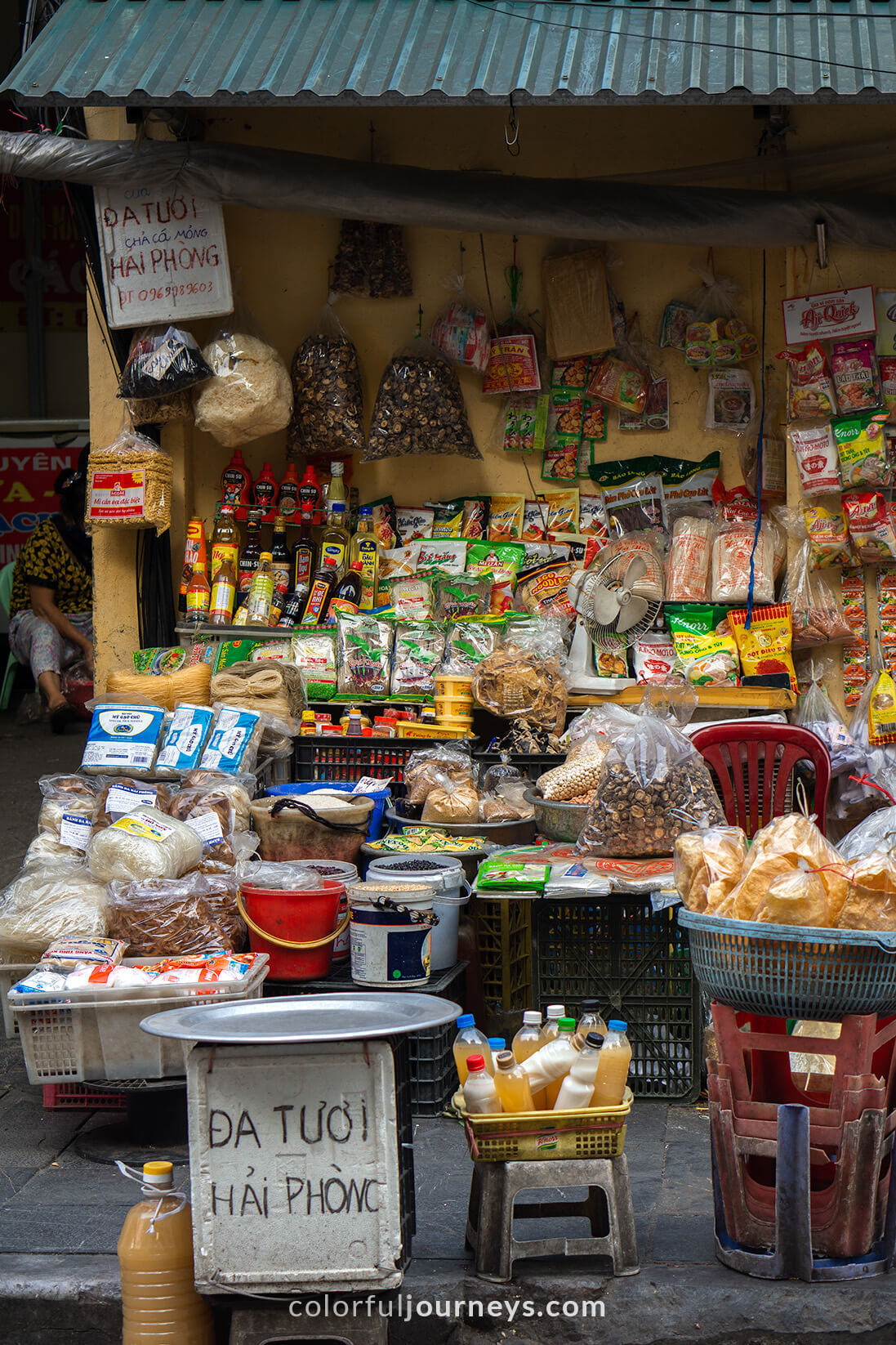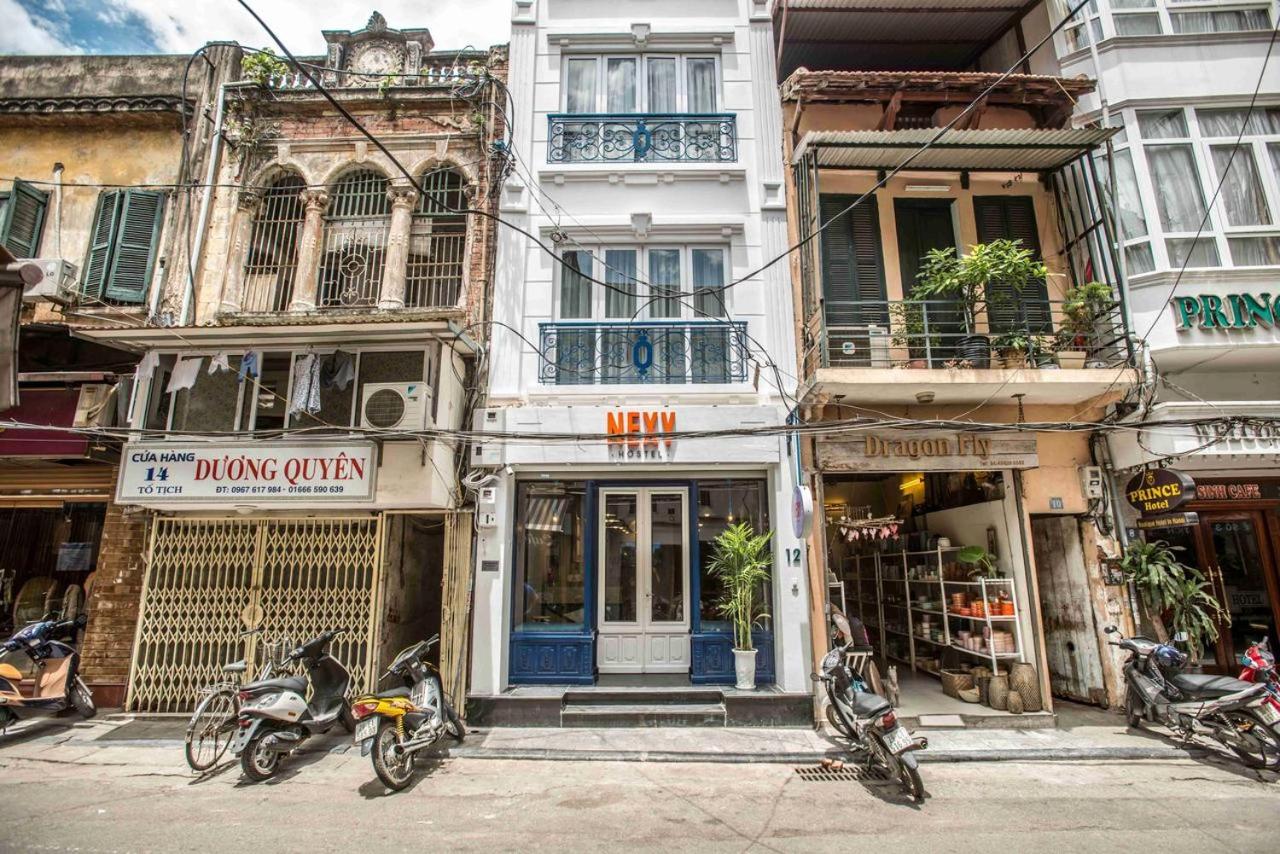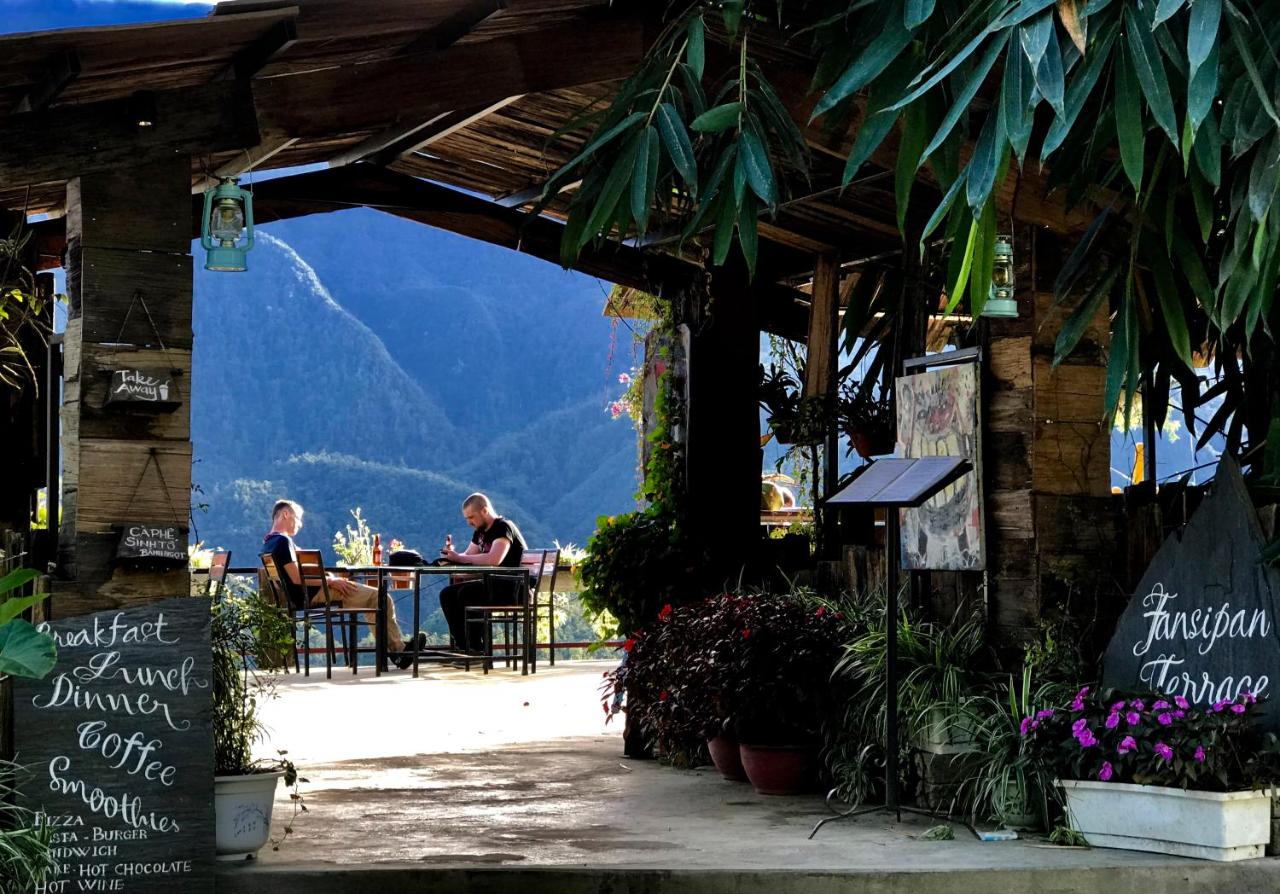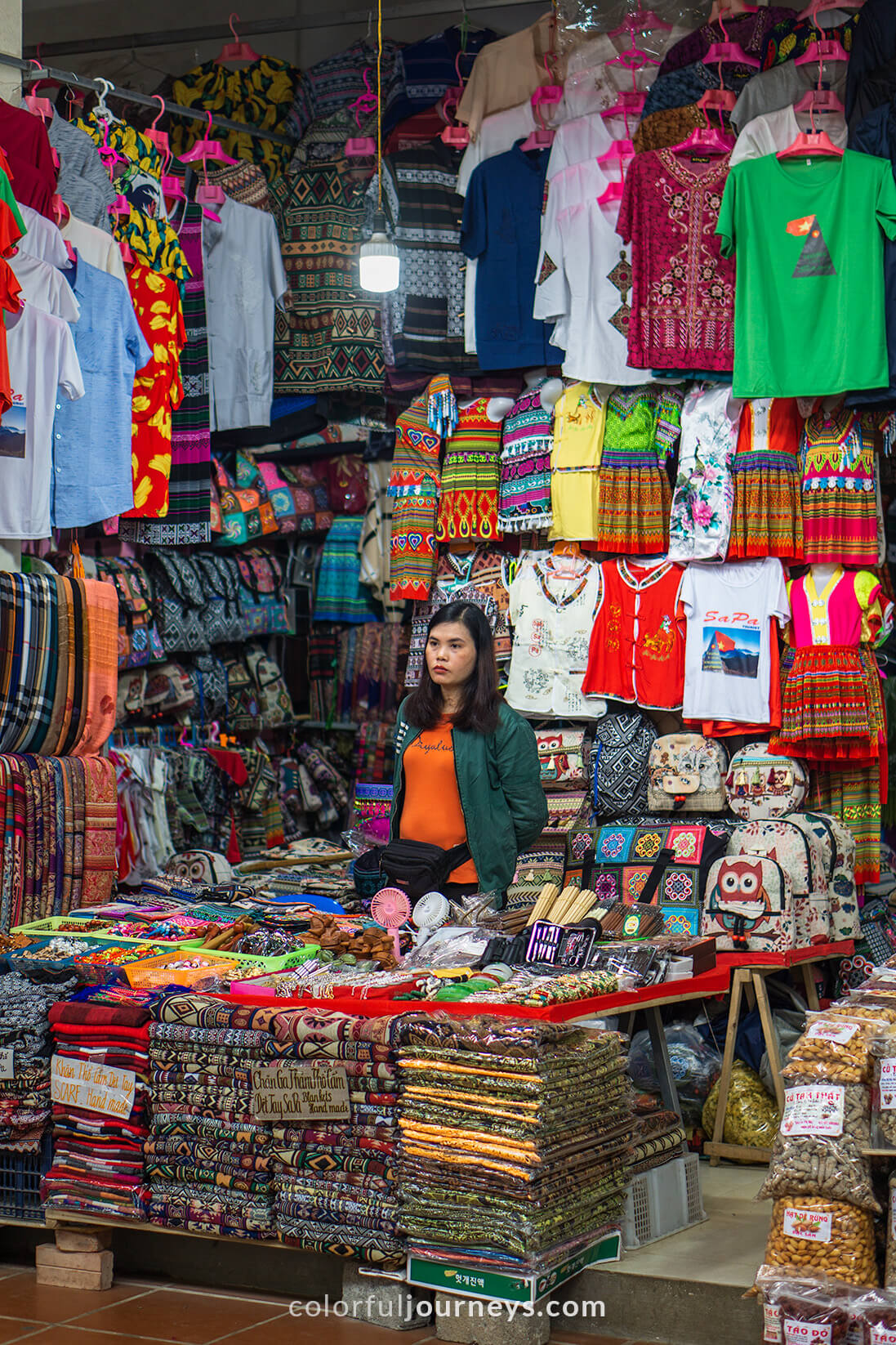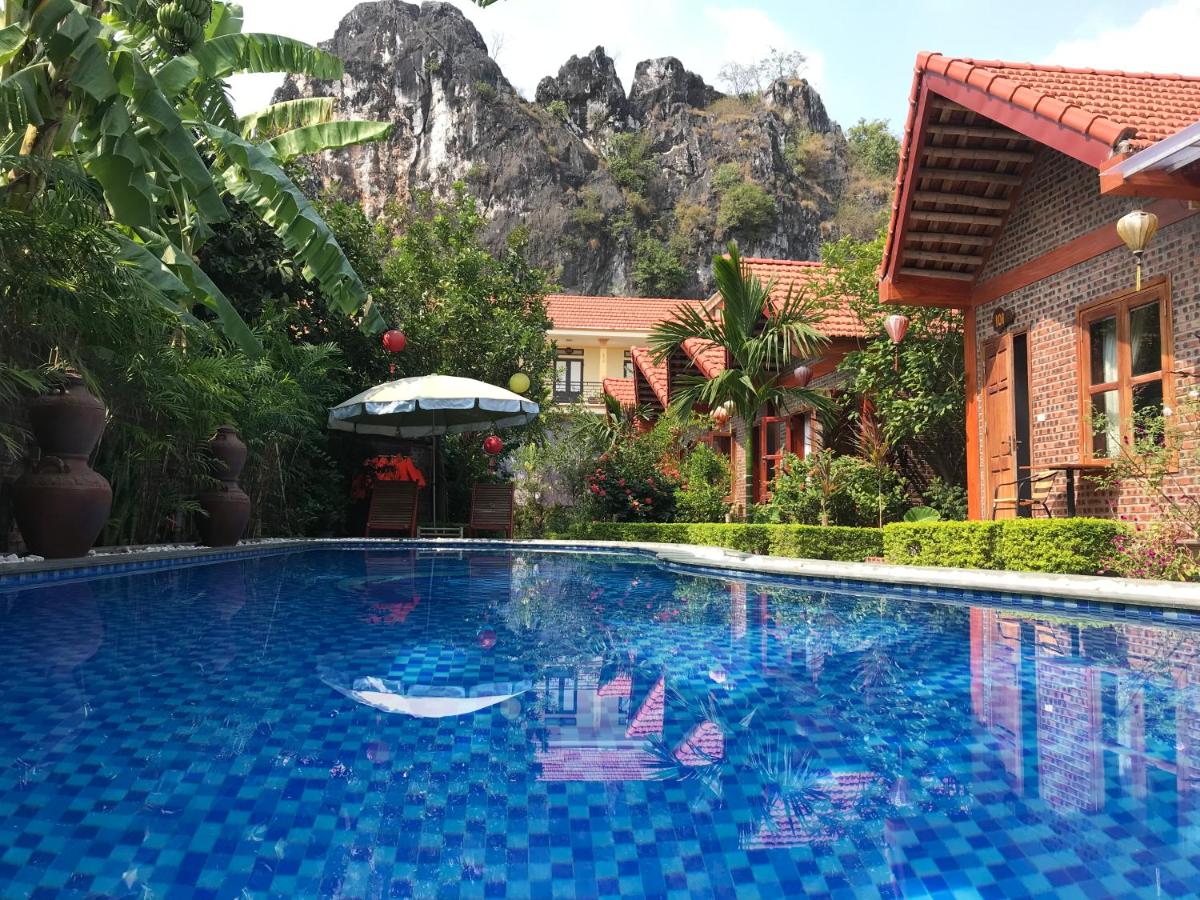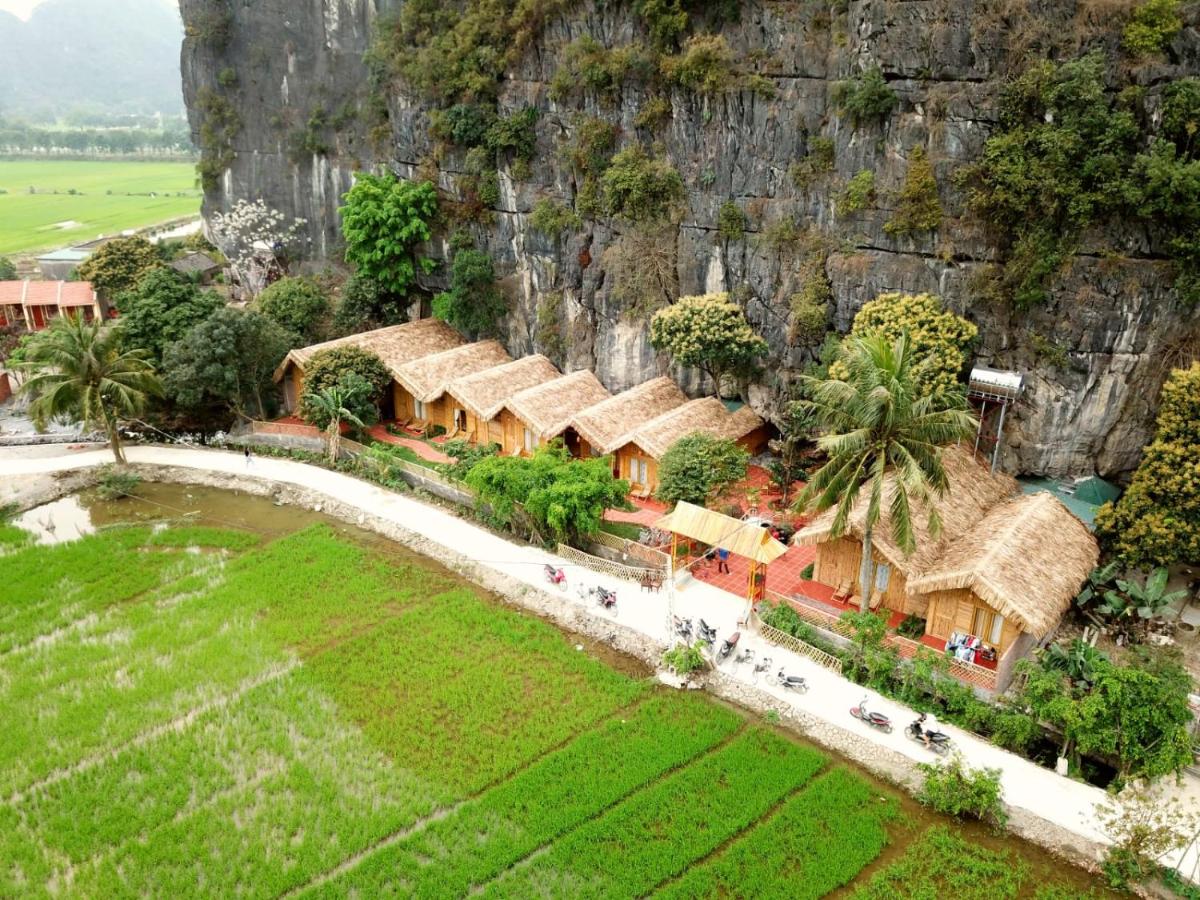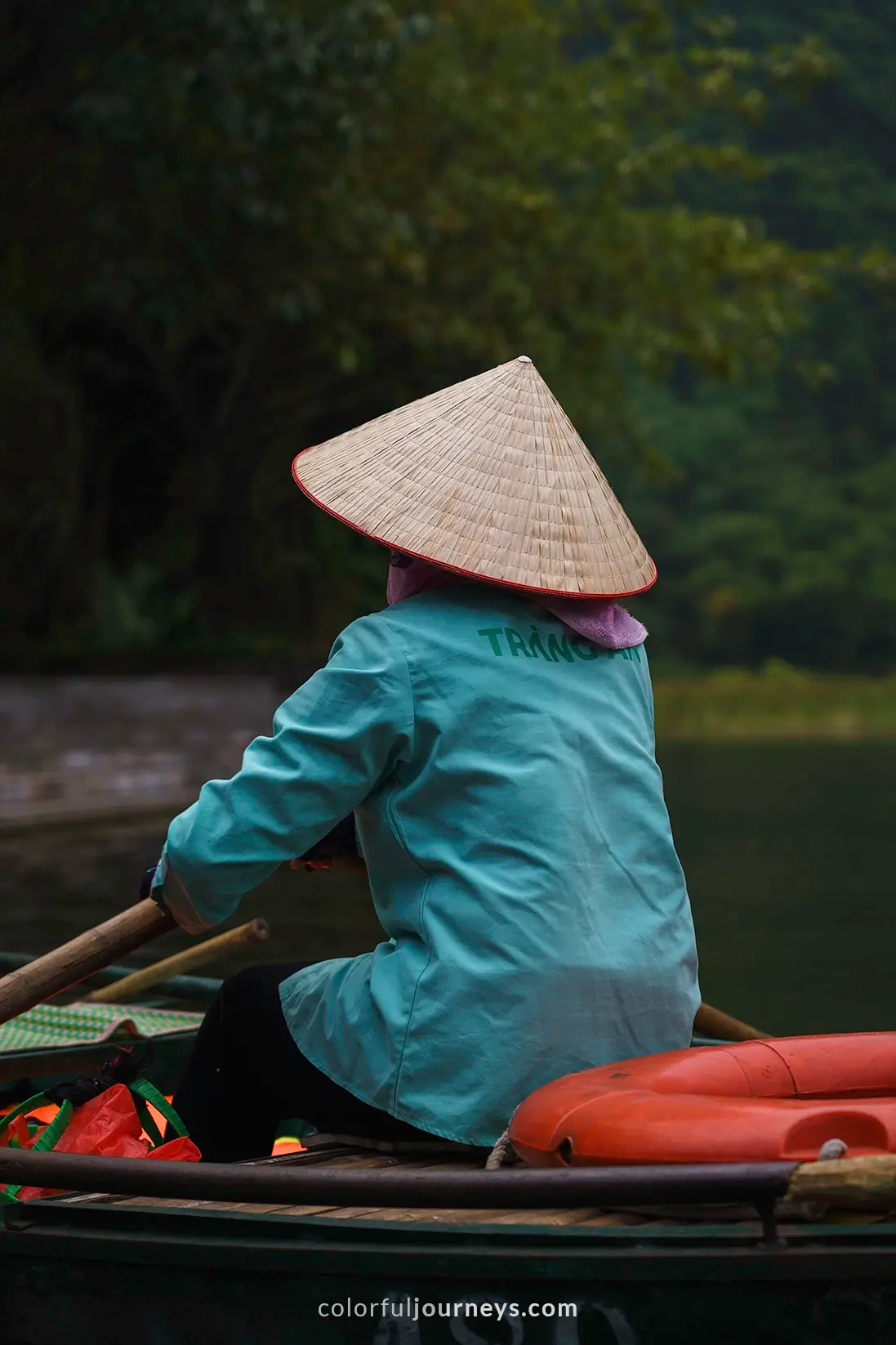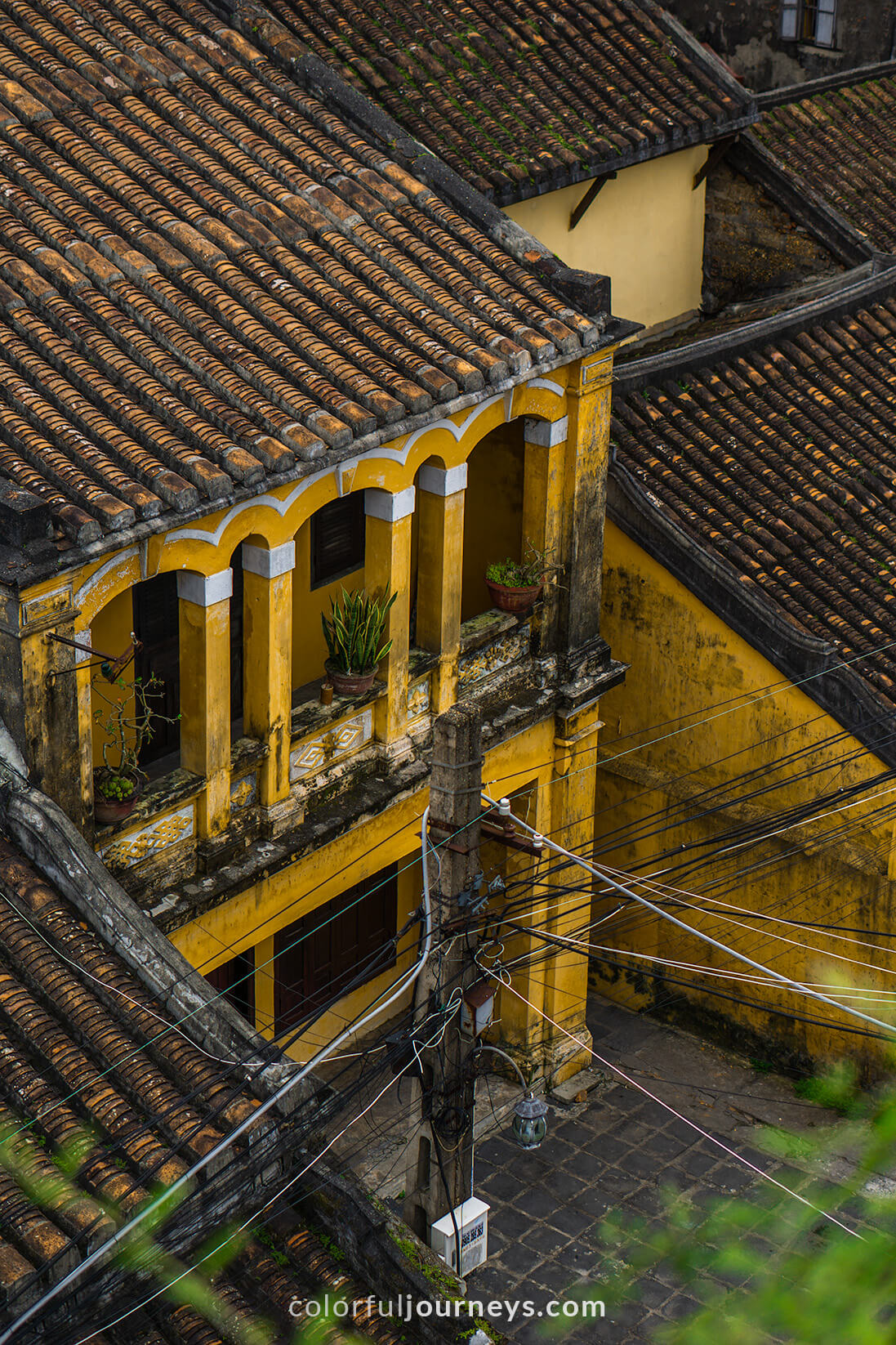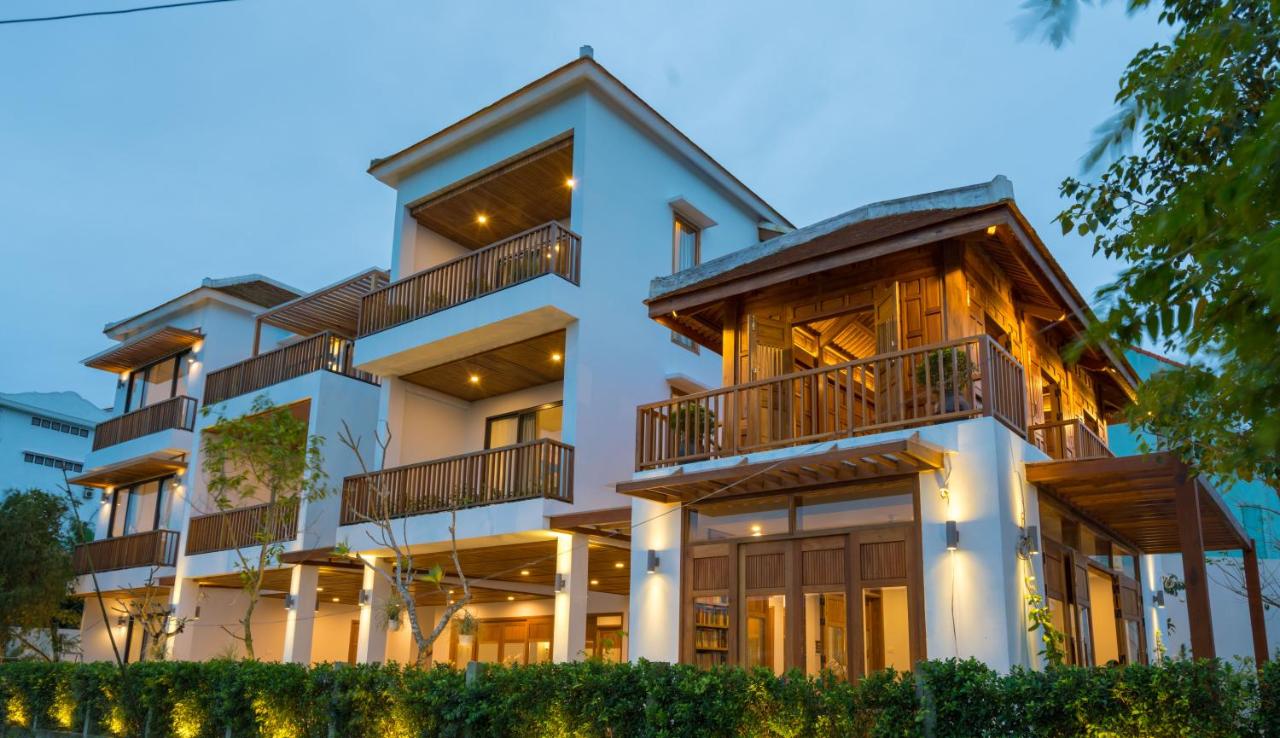If you’re wondering what to see in Vietnam in 14 days, then you’ve come to the right place! This 2-week Vietnam itinerary is designed for first time travelers who want to experience the incredible nature and culture without rushing in between.
To start with, two weeks in Vietnam is not long enough to explore the country from North to South. It is vast, and getting from one place to another takes time. That is why we recommend focusing on one region to make the most of your 14 days in Vietnam. In this itinerary, you will visit some of the best places located in the northern region including Hoi An.

We are an informative and unfiltered blog focused on providing helpful tips, inspiring stories and travel itineraries. Join us in this Colourful Journey of discovering the world.
.svg)
.jpg)

Travel Route For
Vietnam
- Hanoi
- Sapa
- Halong Bay
- Ninh Binh
- Hoi An







.png)
2 Week North Vietnam Itinerary
This Vietnam travel guide includes our recommended days to stay, the best times to visit, and transportation options. You can also read more about our top 17 tips and advice to make sure you’re well prepared for your trip. We've included the visa requirements as well as other important information to know before visiting Vietnam.

Read: 17 Useful Tips Before Visiting Vietnam
.jpg)
Day 1 & 2: Hanoi
Recommended Length of Stay: 2 Nights
Best Time to Visit: October to February
How to Get Around: Foot, Motorbike
Begin your exciting two-week trip in Hanoi, Vietnam's capital city! From the exciting street food scene to the amazing French-colonial architecture of the old quarter, there is plenty to do and sights to see in and around Hanoi.
We recommend staying for at least two full days to explore the small alleys, visit the countless shops and restaurants, and learn more about Vietnam's rich history.
.jpg)
How to Get to Hanoi Center from the Airport
Bus: The cheapest way to reach Hanoi Old Quarter is to take bus 86, which leaves every 15 to 30 minutes. This orange express bus stops at the Old Quarter, Hoan Kiem Lake, and terminates at Hanoi Railway station. You can find the updated bus schedule on their Facebook page. A ticket costs around 2 USD.
Tip: If you want to enjoy a hassle-free arrival for an affordable price, book this Hanoi airport private transfer.
.jpg)
We suggest flying to Hanoi in the morning or early afternoon. You can spend your first day adjusting to the weather or the time difference.
Walk around the old quarter and to the tranquil Hoan Kiem Lake in the heart of Hanoi. During the day, this is the best place to relax and get away from the hustle and bustle of the city. You can also visit the Ngoc Son Temple located in the middle of the lake, this is also a great place to photograph towards sunset.
.jpg)
At night, visit the night market along Hang Dao street where you can find vendors selling local street food and souvenirs. Vietnamese street food you can try include banh mi, bun cha, and the famous pho.
.jpg)
If you’re the adventurous type, try out some of the exotic dishes being served along Ta Hien Street at night. You will find many local restaurants selling roasted young birds, which are usually sweet and tender. It’s also a great accompaniment to the cheap Hanoi beer!
Hanoi has accommodations that fit every need. Choose one within the old quarter and stay near Hoan Kiem Lake for a variety of restaurants and nearby popular attractions. Find all Hanoi accommodations here.
.jpg)
Spend your first full day in Hanoi exploring the old quarter. Begin with Xoi (Vietnamese sticky rice) for breakfast, which is a popular Hanoi street food. Then, take a walk to St. Joseph Cathedral and admire the beauty of this ancient church while sipping the famous egg coffee at one of the nearby cafes.

Read: How to Spend 48 Hours in Hanoi
.jpg)
You can also use this day to visit the many museums and temples. Three of Hanoi's most popular attractions are the military museum, Thanh Long Imperial Citadel, and Temple of Literature. You can visit these places on your own or book a guided tour to experience Hanoi like a local. This 4-hour sightseeing tour on a motorbike takes you through the must-see attractions in and around Hanoi.
End the day by watching the Thanh Long water puppet show and learning about a unique aspect of Vietnamese culture. This is a must-do while in Hanoi, and we recommend booking a ticket in advance because it sells out quickly, especially during peak season.
.jpg)
Day 3: Hanoi to Sapa
For day 3, spend a relaxing morning walking around West Lake. It is in the heart of Hanoi, just a few minutes' drive from the old quarter. You can watch the sunrise and then explore the nearby pagodas.
.jpg)
Tran Quoc Pagoda is the oldest and one of the most visited pagodas on the west lake. It has historical and architectural significance, which attracts many Buddhists and foreign visitors. It opens at 8am and admission is free. Just keep in mind to dress appropriately.
Another pagoda you can visit close to Tran Quoc is Den Thuy Trung Tien. It is very peaceful and compared to Tran Quoc, is much smaller and has fewer visitors. Other pagodas around the area that you may also want to visit include Phu Tay Ho and Quan Thanh Temple.
.jpg)
In the afternoon, we recommend sampling some of Hanoi's best local cuisine. There are so many hidden gems tucked inside the city’s small alleys, and the best way to discover them is to join a foodie tour. Take this 3-hour guided walk through Hanoi's old quarter with a local guide and learn about Vietnamese food culture. After the tour, take it easy in the evening as you’ll be heading to Sapa next.

Book your street food walking tour
.jpg)
How to Get to Sapa from Hanoi
Bus: Taking the bus is the most convenient and popular option to reach Sapa. There are numerous buses that run throughout the day, but we recommend taking a sleeper night bus. This way, you can save money on a night's lodging while avoiding traffic. The sleeper buses typically leave around 10pm and arrive at 5:30am. A ticket costs about 15 USD.

Tip: Reserve a sleeper bus with VIP cabins for more space. It’ll cost you a bit extra but it’s more comfortable than the regular sleeper bus.
.jpg)
Day 4 & 5: Sapa
Recommended Length of Stay: 2 Nights
Best Time to Visit: March to May; September to November
How to Get Around: Foot, Motorbike
Sapa is famous for its rice terraces and hiking opportunities. If you take the night bus, you will arrive early in the morning at Sapa town. The town itself is beautiful with lots of accommodations and restaurants but can be quite touristy and busy, especially during the weekends and peak season.
For a more relaxing stay, we recommend booking your accommodation in one of the smaller villages near Sapa. From Sapa town, take a taxi to your hotel. Find all Sapa hotels here.
.jpg)
After you've settled in, take your time walking around the village. Find a local coffee shop and relax with a cup of coffee or tea while taking in the scenery.
If you're a confident driver, you can explore the rice fields in the afternoon on a motorbike. Just be careful because the roads can be quite steep and slippery. You can also hire a local guide to drive you around and show you the sights, as we did. So you can guarantee you go somewhere not packed with tourists.
.jpg)
You can also drive to Y Ty while admiring the beautiful terraced fields and passing through some mountain villages. A local driver is preferable because you can simply sit back and enjoy the breathtaking views of the mountains and rice fields, and the guides will know where to take you for the best views. As you head back to your homestay, find the best spot to watch the sunset among the rice fields. This is the best way to end your first day in Sapa!
.jpg)
A trip to Sapa would be incomplete without trekking through rice fields and staying in local homes. So for your second day in Sapa, we recommend hiring a local guide to fully appreciate Sapa's spectacular natural beauty while getting to know more about the culture.
We do not recommend booking your tours from Hanoi or Sapa town with hopes of getting “authentic tours.” Mostly because these tours provide generic itineraries that take you through the same areas like everyone else. So do your research before booking your Sapa tour.
.jpg)
Sapa Sisters is one of the tours we discovered that is an ethical tourism group which supports the local Hmong women. You can visit their website to find out more about their tours and if it’s the right fit for you.
Sapa treks range in length from a single day to four days. However, the majority of trekking excursions are two days long. So, you can begin your two-day trekking on this day and spend the night in a local homestay. Homestays typically provide family dinners where you can sample local specialties and learn more about the local culture.
.jpg)
Day 6: Sapa to Halong Bay
This is the second day of your Sapa trekking. After you finish your breakfast, your guide will take you back through the rice fields and enjoy the rest of the morning walk. Most trekking tours end around noon, giving you the rest of the day to explore Sapa or simply relax before heading to Halong Bay. You can also visit the Sapa market and buy some souvenirs in the afternoon.
How to Get to Halong Bay from Sapa
Bus: Take an 8-hour sleeper night bus from Sapa for around 16 USD. When you arrive at the Halong bus terminal, proceed to Tuan Chau island, where the majority of Halong boat tours are organized and where you can book directly.
Alternatively, ask about transfers at your tour company if you’ve pre-booked your tours. They might be able to arrange a free or discounted transport for you. Most Halong Tours, however, pick up from Hanoi Old Quarter, so you may need to take a bus to Hanoi first.

.jpg)
Day 7: Halong Bay
Recommended Length of Stay: 1 Night
Best Time to Visit: October to December
How to Get Around: Boat Tour
Halong Bay is one of the most popular tourist destinations in Vietnam, and for good reason! This UNESCO World Heritage Site is made up of 3000 towering limestone islands that provide breathtaking scenery. The best way to experience the picturesque landscape is by going on a boat cruise. Halong Bay cruises also offer a variety of activities such as kayaking, exploring caves and hidden beaches. A relaxing boat tour after your trek is always a good idea!

Read: Halong Bay: Is It Worth Visiting?
.jpg)
To fully appreciate Halong Bay, we suggest spending at least one night on the cruise to see more of the scenic landscape and avoid the day tour crowds. Also, be cautious when selecting your boat tours. Because of the popularity of Halong Bay, there are numerous boat tour scams. So, it's best to book through a reputable tour company or website rather than going with the cheapest option.
Once you board your boat, you’ll be served lunch as you sail through Halong Bay. There are a few itineraries available in Halong Bay and they vary depending on the tour you choose. Exploring caves and hidden beaches, kayaking, squid fishing, cooking classes, and other activities are available on your cruise.

Book your Halong Bay boat tour!
.jpg)
Day 8: Halong Bay to Ninh Binh
This is your second day on the boat in Halong Bay. Breakfast will be served and then you’ll get to enjoy other activities afterwards. After lunch, you will disembark the boat and you can head to your next destination - Ninh Binh!
.webp)
How to Get to Ninh Binh From Halong Bay
Bus: The cheapest way to reach Ninh Binh is to take a local bus at Halong Bus Terminal (Bai Chay bus station). Buses leave every 30 minutes and the journey takes about 4 hours. A bus ticket should cost around 8 USD.
Otherwise, you can also pre-book a VIP bus online for an extra cost. We suggest taking the afternoon bus and arriving at Ninh Binh before it gets dark.

.jpg)
Spend the night in the Tam Coc area. The accommodations here are tucked between rice fields and karst mountains and have unbeatable views. Staying in Tam Coc is also more convenient because it is close to the main attractions. Find all Ninh Binh accommodations here.
Day 9 & 10: Ninh Binh
Recommended Length of Stay: 3 Nights
Best Time to Visit: Late May to Beginning of June
How to Get Around: Motorbike, Bicycle
If you like Halong Bay, you'll probably enjoy Ninh Binh as well. It has the same impressive limestone mountains weaved into numerous rivers, caves, and vast rice fields.
Did you know: Ninh Binh is often called the Halong Bay on land.

Read: Plan your Trip to Ninh Binh: 2 Day Itinerary
.webp)
One of the main attractions is to board a small boat to enjoy the breathtaking views Ninh Binh has to offer. You can choose between Trang An and Tam Coc based on what you want to see the most.
Tip: If you visit from May to June, you should consider doing the Tam Coc tour. During these months, you can enjoy the ripening views of rice fields alongside the karst mountains.
Start your first day in Ninh Binh early to avoid the day tour crowds from Hanoi that arrive around 10:30am. We suggest starting at 8am and head to Trang An or Tam Coc for a peaceful boat tour. Remember to bring plenty of water and a hat because it can get quite hot with the midday sun.

Read: Ultimate Guide to Tam Coc Boat Tour in Ninh Binh
.webp)
After your boat tour, you can rent a motorbike and explore the area. This is the best way to enjoy the natural beauty of the lush rice fields while exploring the surrounding countryside. Bich Dong Pagoda is one of the places you can visit. There are about three pagodas and some caves nearby that you can check out.
.webp)
In the afternoon, climb the 500 steps to Hang Mua Cave's temple and dragon statue for a breathtaking view of the rice paddies below. Again, bring water and be cautious as you walk along the cliff's edge.

Read: Hang Mua Viewpoint: A Must Visit Destination in Vietnam
.webp)
For your second day in Ninh Binh, you can choose to do another boat tour in Trang An or Tam Coc, depending on which you didn’t do the day before. Again, get there as early as you can to avoid the day tour crowds.

Read: Trang An Boat Tour: A Guide to Ninh Binh's Best Attraction
Otherwise, you can also visit Bai Dinh Pagoda, one of the largest Buddhist complexes in Southeast Asia. It opens at 6am every day and typically closes at 6pm. It's a massive complex that will take you hours to thoroughly explore.
.jpg)
Following your visit to Bai Dinh Pagoda, travel to Hoa Lu Ancient Village. You can explore more temples and a small museum that houses relics and artifacts.
Have lunch at one of the few nearby local restaurants. If you want to taste one of Ninh Binh's local foods, you should definitely try goat meat. Locals claim that the goat meat in Ninh Binh tastes better than in other regions due to the limestone mountains that provide better conditions for goat raising.
.jpg)
Day 11: Ninh Binh To Hoi An
Today is a travel day. From Ninh Binh, head to Hoi An, the lantern capital of Vietnam. Despite its central location, we believe that a trip to Vietnam is incomplete without a stop in Hoi An. Besides, if you haven't visited Hoi An and walked through its romantic lantern-lit streets, some would say you haven't truly experienced Vietnam.
.jpg)
How to Get to Hoi An From Ninh Binh
Plane: Hoi An is located in the center of Vietnam, a little further away from Ninh Binh. You can save time by returning to Hanoi in the morning (the drive is about 2 hours) and then flying to Da Nang International Airport.

Train: Alternatively, you can take an overnight train from Ninh Binh Railway Station to Da Nang Railway Station. Expect to pay at least 30 USD for your train ticket. If you decide to take the train, leave on the night of day 10 so you’ll have extra time to spend in Hoi An. From Da Nang, you can take a taxi or Grab to Hoi An which takes about 40 minutes.

Find an accommodation near the old quarter to be close to most of the restaurants and bars in the area. Stay around Cam An if you want to be closer to the beach. Find all Hoi An accommodations here.
Day 12 & 13: Hoi An
Recommended Length of Stay: 3 Nights
Best Time to Visit: April to August; December to March
How to Get Around: Foot, Motorbike, Bicycle
Aside from the colorful lanterns you’ll find in Hoi An, it is also famous for its laid-back atmosphere and textile industry. The old quarter features well-preserved colonial streets and is a UNESCO world heritage site worth visiting. Whether it be day or night, Hoi An has lots of things to see and do.
.jpg)
Spend your first full day in Hoi An walking around the old quarter, discovering the ancient town and the narrow alleys in between. Begin by getting a taste of the most famous banh mi, dubbed the best in Vietnam by Anthony Bourdain. Because of its popularity, expect a long line and decide for yourself if it lives up to its fame.
.jpg)
After breakfast, head to one of the tailor shops in town and get some custom-made clothes. Remember to request a timeline before agreeing, as it can take several days to complete depending on the design you want. After that, you can continue exploring the town. If you want to unwind, walk along the river and stop at one of the many coffee shops. Or you can head to Hoi An's highest rooftop to see the old town from above.

Read: 10 Things To Do in Hoi An
.jpg)
When the sun goes down, lanterns light up the streets of Hoi An, making the nights romantic. The night market across An Hoi bridge is one of the best places to enjoy the lanterns. There are numerous shops lining the streets, each with hundreds of lanterns on display. You can buy lanterns here, or you can simply pose for photos for a small fee.
End the evening with a view of the river from Madam Kieu's restaurant. Although the prices are higher, we recommend grabbing a drink and sitting outside the restaurant. Every night, there is live music and the atmosphere is lively.
.jpg)
The My Son Sanctuary is one of the most popular attractions in the Hoi An area. If you have enough time, you should visit this Unesco Cultural Heritage site for your second day. The drive takes about an hour from the old quarter and the entrance fee costs about 7 USD.
You can visit My Son Sanctuary on your own or as part of a tour. This guided tour from Hoi An allows you to experience the history and culture of Vietnam at its best. You will visit the My Son Sanctuary, learn about the history of the Champa Kingdom, and then cruise along the Thu Bon River.
In the afternoon, you can return to the old quarter and shop for souvenirs or relax with a massage at one of the many spas in town. If you want to get out of the old quarter, rent a motorbike and ride through the countryside and paddy fields to get a better sense of the daily lives of the people who live here.
Looking for more things to do in Hoi An? Check out our Hoi An Top Things To Do!
.jpg)
Day 14: Hoi An to Da Nang
On your last day, take a leisurely stroll through Hoi An's old town, soaking in its culture and admiring the beauty of its many brightly colored buildings for the last time. Then, take a car to Da Nang International Airport to catch your flight out of the country.
If you want a hassle-free transfer service to the airport, book this highly rated car transfer.
.jpg)
And there you have it!
The ultimate northern Vietnam 2 week itinerary with the most up-to-date information available on the internet. We hope this travel guide provides you with all of the information you need to plan your entire 2 weeks in Vietnam.
You can always change it to better suit your needs. So spend more time in places you enjoy, take a day for your commute, or simply relax. Vietnam is magnificent and our experience will not be the same as yours. Hopefully, this free and easy Vietnam itinerary will assist you in better planning your trip.
Now to help you better prepare for your upcoming trip, read our list of the top 17 things you should know before visiting Vietnam.
Which places in Vietnam do you want to visit? Tell us in the comments below, we'd love to know!
Some links in this Vietnam Itinerary may be affiliate links.
This means that if you make a purchase after clicking on one of our links, we will receive a small commission at no extra cost to you. Please know that by doing so, you are supporting Colorful Journeys in continuing to provide free high quality content to help you in your travels!
.jpg)

